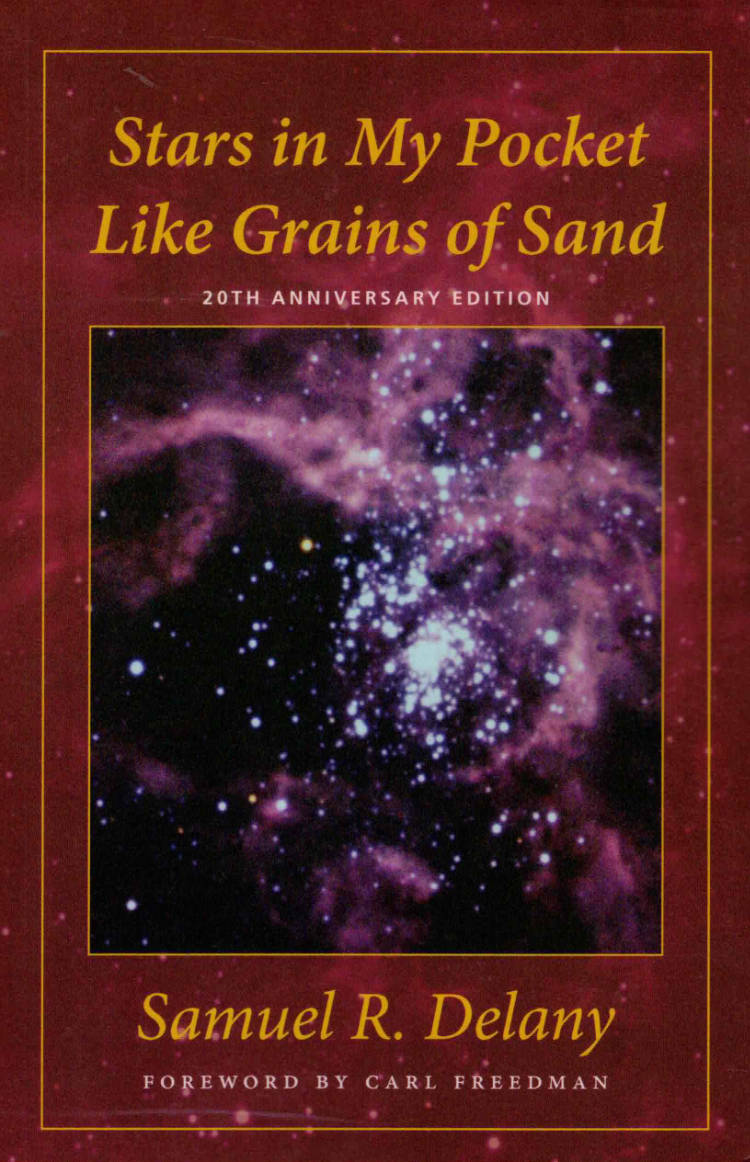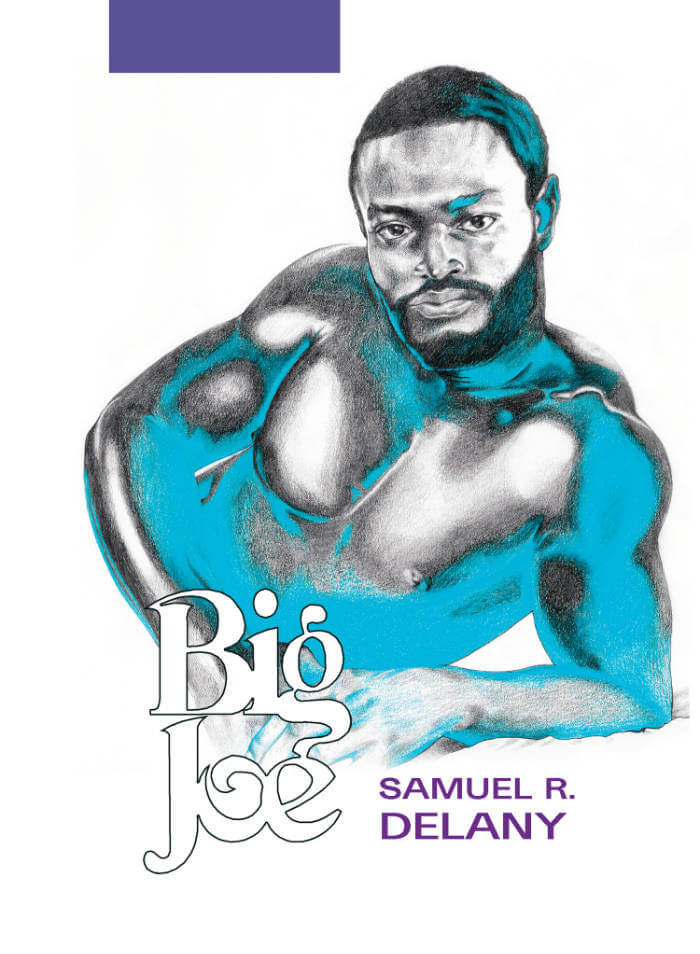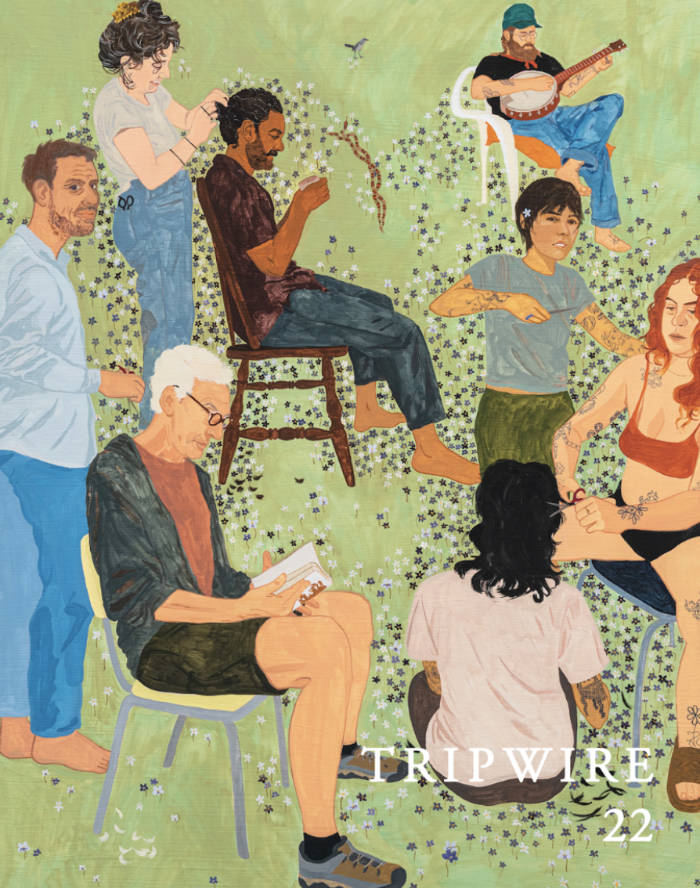
How to Become Irrésistibles
Sabrina Soyer ed.
How to become Irrésistibles est une édition de l'école supérieure des beaux-arts de Bordeaux réalisée avec la maison d'édition How to Become.
Cette édition est née de l'énergie d'un groupe d'autrices étudiantes de l'école des beaux arts de Bordeaux. Elles (car il s'agit d'une majorité de femmes) se rassemblent dans les séminaires Irrésistibles – briser les cases (art-femmes-territoires) dirigés par Marie Legros, artiste et professeure. Ce séminaire a été créé par cette dernière en 2016 afin d'encourager les pratiques féministes dans l'écriture. Qu'est-ce que c'est ? Des façons autres d'écrire le genre (l'identité) et les genres (littéraires), la langue (nationale) et de faire entrer du commun dans l'écriture (en arrêtant d'en exclure les femmes, les homos, les personnes racisées, les prolos). Les étudiantes qui participent à ce séminaire, issues de nationalités différentes, s'en sont saisis pour tordre la généalogie poétique franco-française masculiniste. L'autrice et éditrice sabrina soyer (éditions How to become), invitée à prendre part aux recherches dans ce séminaire, a coordonné cet ouvrage en l'axant sur des échanges de traduction entre autrices et l'usage du français comme langue étrangère. Le livre explore – c'est à dire donne de la valeur à – différentes formes de contacts entre auteurices : traductions, réponses adressées, écriture sous influence ou fan fiction... Chaque langue et voix se tisse en écho à une autre, pas de poèmes isolés, un grand texte comme un grand corps amassé par rebonds et frottements.
Avec : Hani Yikyung Han, Nayun Eom, Charles Dauphinot, Layan Qarain, Viktoria Oresho, Samuel R. Delany, Seobin Park, Jie Liang, Rami Karim, Yu-Wen Wang, Ching-Chuan Kuo, Mélanie Blaison, Barbara Sirieix, sabrina soyer, Yan Tong Liu, Jessica Guez Karen Johanns, Marie Legros M, Esther Sauzet, Mira Mattar.







